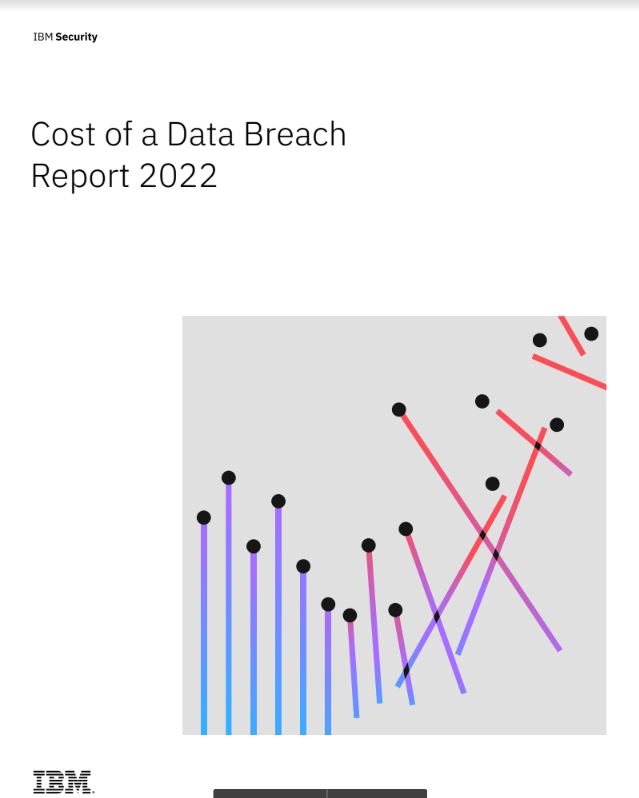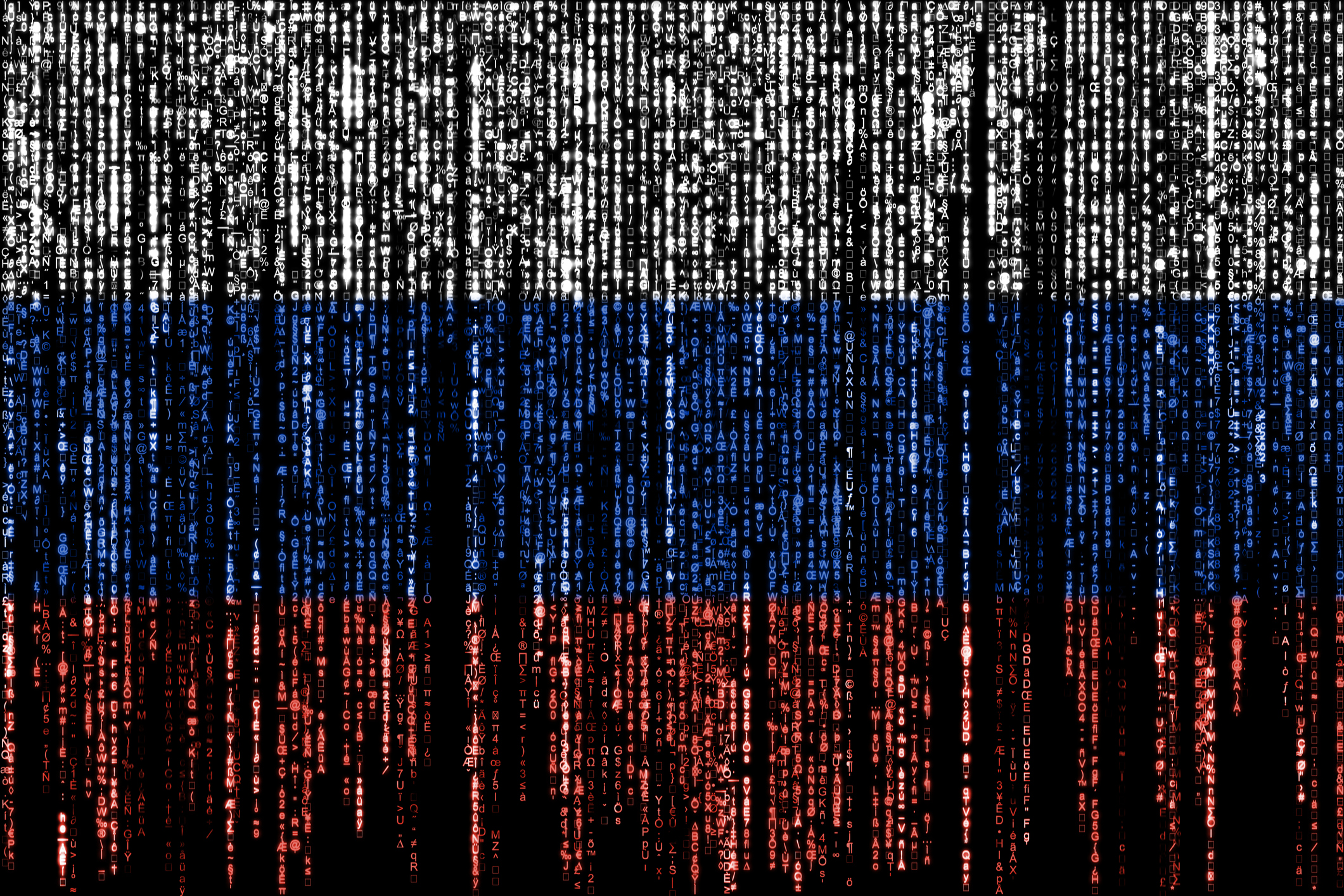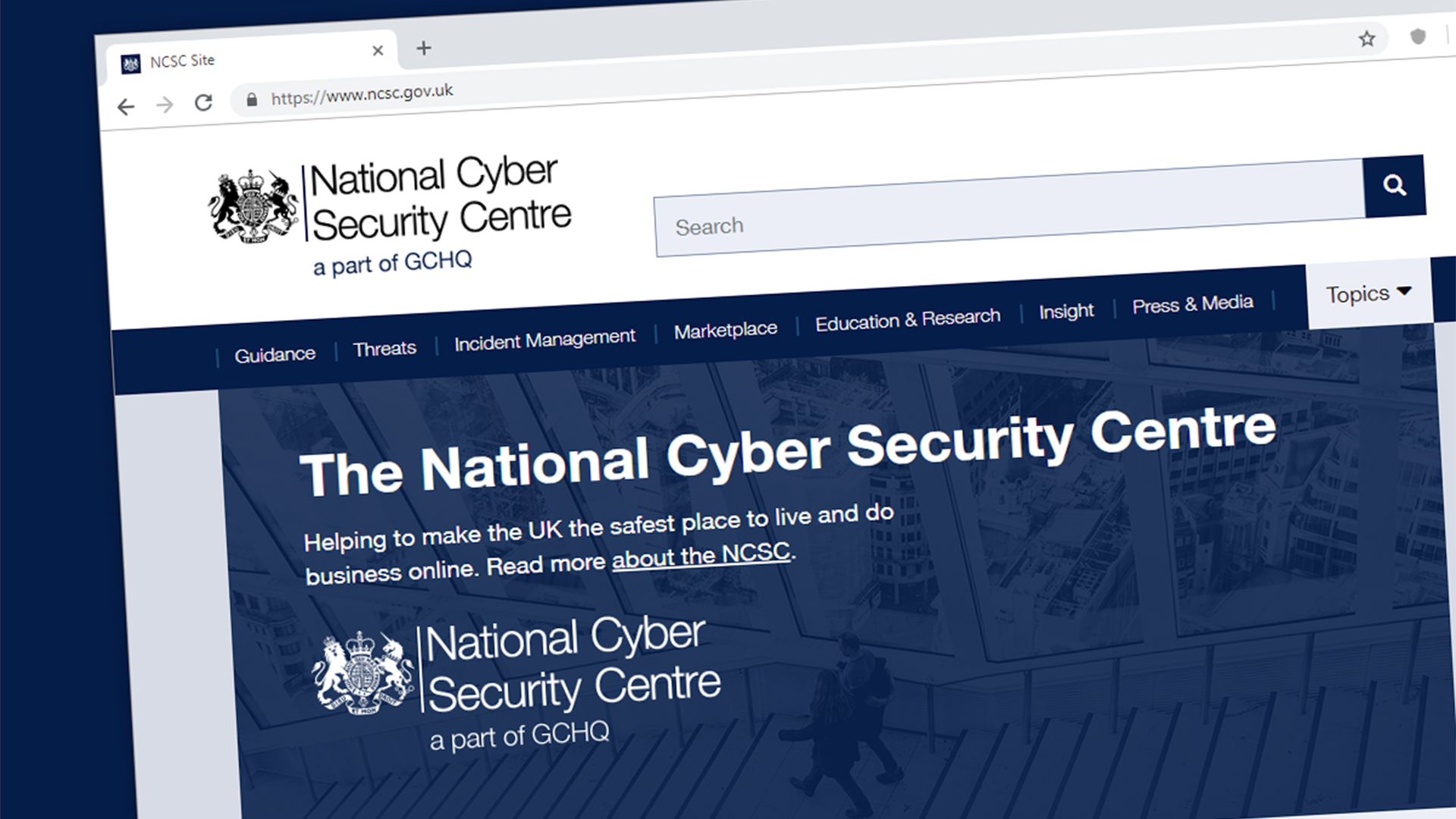NCSC warns UK under state-sponsored spear-phishing attacks from Russia and Iran
The acceleration in spear-phishing campaigns last year coincided with the escalating conflict in Ukraine, according to the NCSC


Russian and Iranian-linked hacker groups have ramped up operations targeting critical industries and high-profile public figures, according to an advisory issued by the National Cyber Security Centre (NCSC).
The security arm of GCHQ published an alert today warning that two hacker groups, based in Russia and Iran, have escalated attacks against government organisations, defence firms, media publications, and non-profits.
Russian group Seaborgium, also known as ‘Cold River’, was found to have waged an “expansive” spear-phishing campaign against UK targets. The Iranian group tracked as TA453 and ‘Charming Kitten’, has also ramped up similar attacks, the advisory revealed.
The NCSC said both groups' efforts were motivated by "information gathering purposes" - as is often the case with state-level cyber security operations.
For this reason, it added that attacks are not being aimed at the general public, instead targets are chosen in specialised areas with access to the most valuable information.
Spear-phishing targets
While spear-phishing is a well-established and often lucrative attack method employed by hackers, the cyber security authority said that both groups use a number of techniques to target victims across multiple modes of communication.
Social media and professional networking sites have been used to identify targets, the advisory read, which enables the groups to engage with potential victims.
Sign up today and you will receive a free copy of our Future Focus 2025 report - the leading guidance on AI, cybersecurity and other IT challenges as per 700+ senior executives
“They take the time to research their interests and identify their real-world social or professional contacts,” the NCSC said.
RELATED RESOURCE

“They have also created fake social media or networking profiles that impersonate respected experts and used supposed conference or event invitations, as well as false approaches from journalists.”
Cold River and Charming Kitten have “predominantly” sent spear-phishing emails to targets' personal email addresses, the NCSC warned. However, corporate and business emails have also been targeted.
Both groups have proven highly successful in building trust with victims through extensive correspondence as the attacker builds rapport. Once this relationship has been established, malicious links delivered via email, or embedded in documents, are distributed to compromise accounts.
In one instance, Charming Kitten was found to have even set up a Zoom meeting with a target and shared a malicious URL in the chat bar during the call.
Toby Lewis, Global Head of Threat Analysis at Darktrace said the success of campaigns launched by groups such as Cold River highlights their growing capabilities.
“The difference with groups like Seaborgium and TA453 is the sophistication and research behind their attacks,” he said.
“For groups at the end of the worry spectrum, they're not just doing ‘fire-and-forget’, low-grade email campaigns, but highly targeted and engineered phishing that exploits [the] implicit trust between colleagues.”
A year of attacks for Cold River
The Cold River hacker group has been around for some time now and has claimed responsibility for a number of high-profile attacks over the last year.
Traditionally, the group hasn’t targeted the public and has instead focused on compromising public figures to create political disruption.
In May last year, security researchers at Google accused the group of hacking into and leaking emails belonging to Richard Dearlove, the former director of MI6.
Cold River also claimed responsibility for attacks on US-based nuclear research centres at the beginning of this year.
This particular incident saw the group create fake login pages for staff working at three laboratories and a phishing campaign aimed at encouraging workers to divulge passwords.

Ross Kelly is ITPro's News & Analysis Editor, responsible for leading the brand's news output and in-depth reporting on the latest stories from across the business technology landscape. Ross was previously a Staff Writer, during which time he developed a keen interest in cyber security, business leadership, and emerging technologies.
He graduated from Edinburgh Napier University in 2016 with a BA (Hons) in Journalism, and joined ITPro in 2022 after four years working in technology conference research.
For news pitches, you can contact Ross at ross.kelly@futurenet.com, or on Twitter and LinkedIn.
-
 ASUS, Cisco, Netgear devices exploited in ongoing Chinese hacking campaign
ASUS, Cisco, Netgear devices exploited in ongoing Chinese hacking campaignNews Critical national infrastructure is the target of sustained attempts from state-sponsored hackers, according to Five Eyes advisories
-
 Off-the-shelf ransomware is spurring a new era in the Ukraine war
Off-the-shelf ransomware is spurring a new era in the Ukraine warNews Experts agreed Russian forces could be overwhelmed, forced to use less sophisticated tools to meet the regime's demands
-
 NCSC: “New class” of Russian cyber attackers seek to destroy critical infrastructure
NCSC: “New class” of Russian cyber attackers seek to destroy critical infrastructureNews The cyber threat has been raised due to the heightened risk of ideologically driven cyber attacks from Russia-aligned adversaries
-
 NCSC founder details 'biggest regret' in underestimating organised cyber crime
NCSC founder details 'biggest regret' in underestimating organised cyber crimeNews In a rare public address, Martin also detailed his proudest achievement and how the idea for the NCSC came to be
-
 Second Singtel subsidiary breach in a month sees customer and client data leaked
Second Singtel subsidiary breach in a month sees customer and client data leakedNews The incident at Singtel subsidiary Dialog follows the earlier breach at Singtel-owned Optus, Australia's second-largest telco
-
 UK, US condemn Iran for ‘unprecedented’ cyber attack against Albania
UK, US condemn Iran for ‘unprecedented’ cyber attack against AlbaniaNews The Balkan nation has cut ties with Iran following the hack, which took down national infrastructure and exposed government information
-
 Cyber attack on software supplier causes "major outage" across the NHS
Cyber attack on software supplier causes "major outage" across the NHSNews Unconfirmed reports suggest the attack may be ransomware-related, while the NHS contends with disrupted services on the 111 non-emergency line
-
 NCSC launches startup incubator to protect against national cyber threats
NCSC launches startup incubator to protect against national cyber threatsNews The program is focused on the protection of highly available operational technology where there is a high risk of digital sabotage

